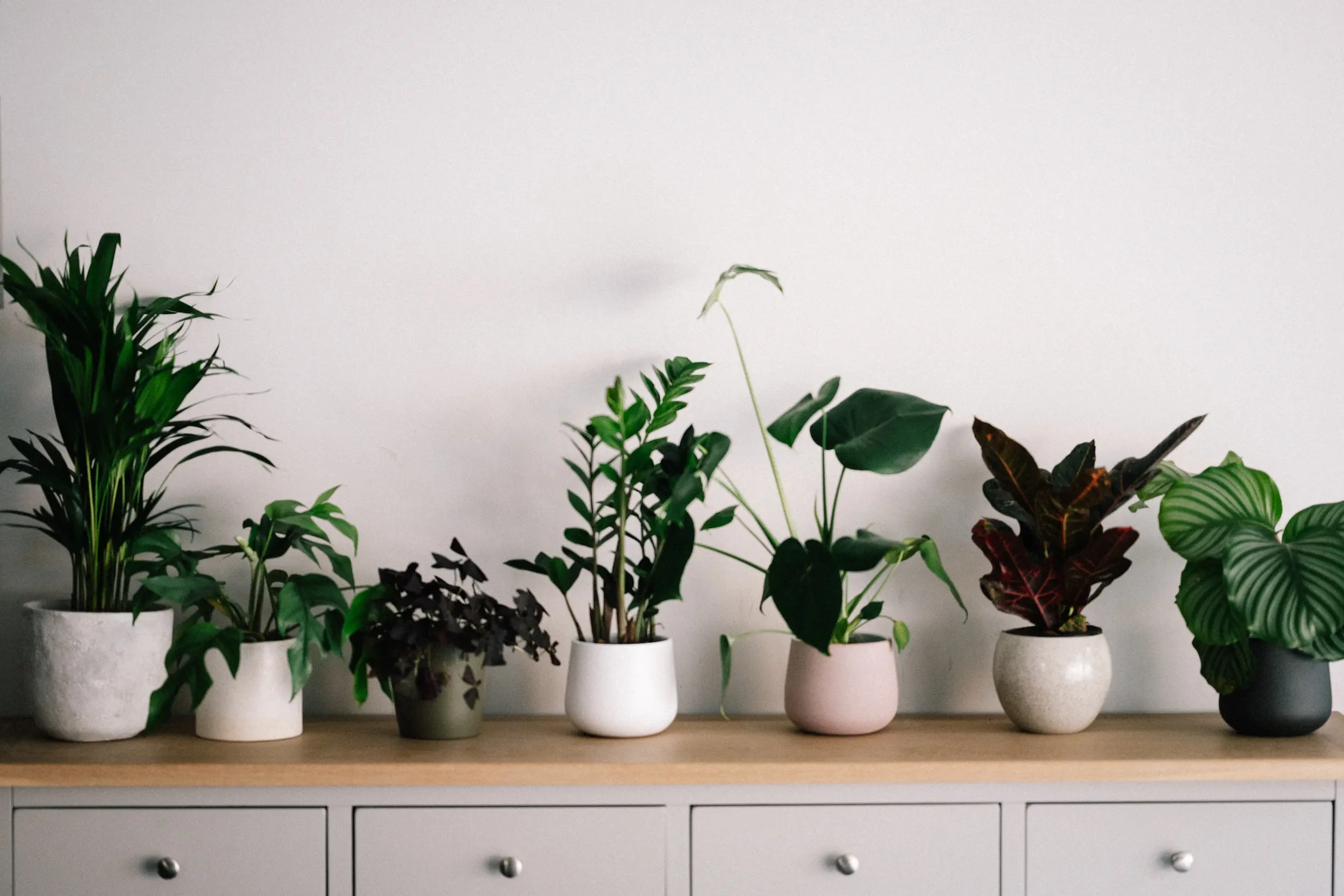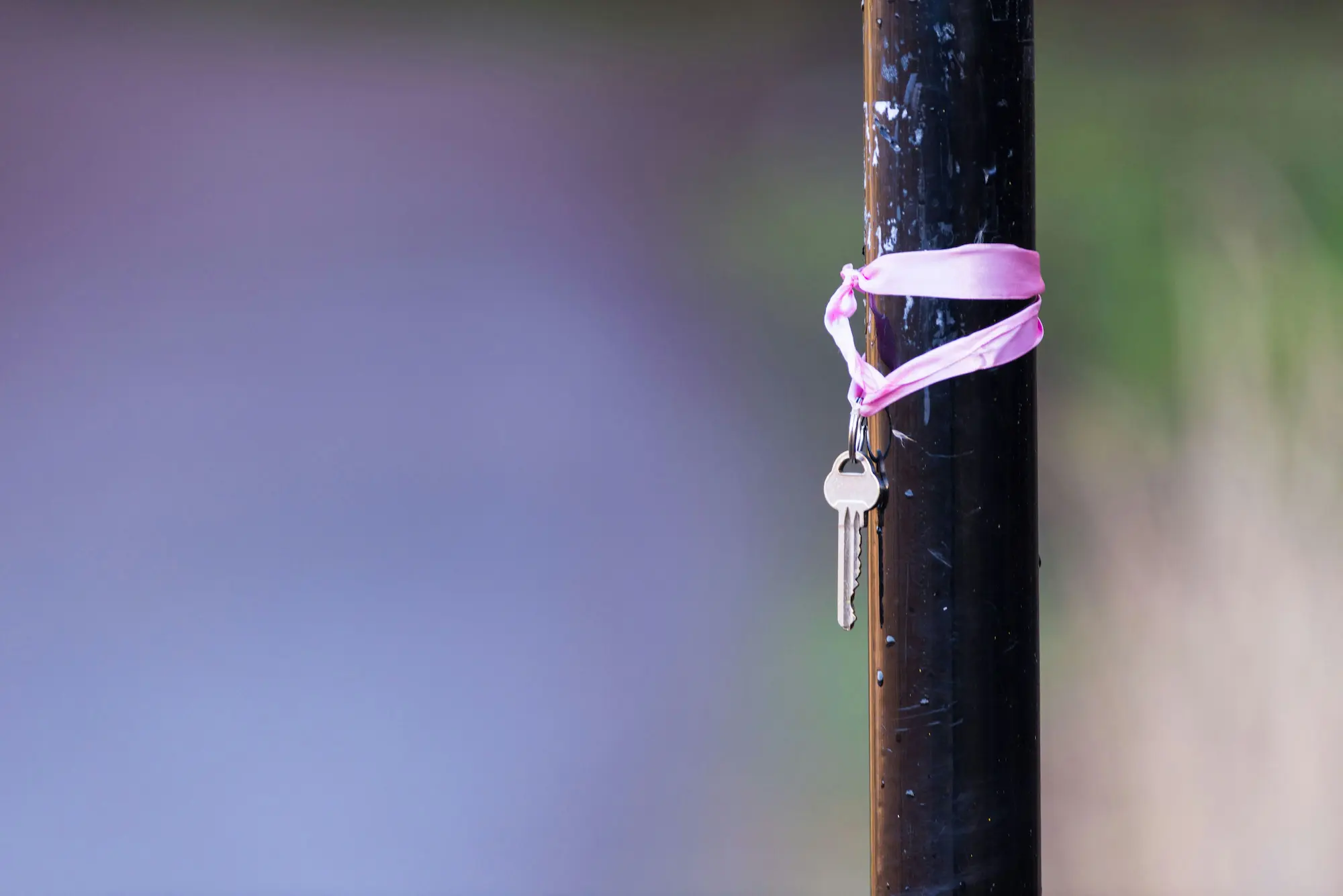Raise your hand if you’ve never accidentally killed a plant at home! Exactly. Plants are the most beautiful decorations in our homes, but they can also pose a significant challenge if we don’t choose the right ones based on our knowledge and interest. The good news is that the care of every plant can be mastered. As I promised before let’s take a look at some plants that demand strong attention and care.
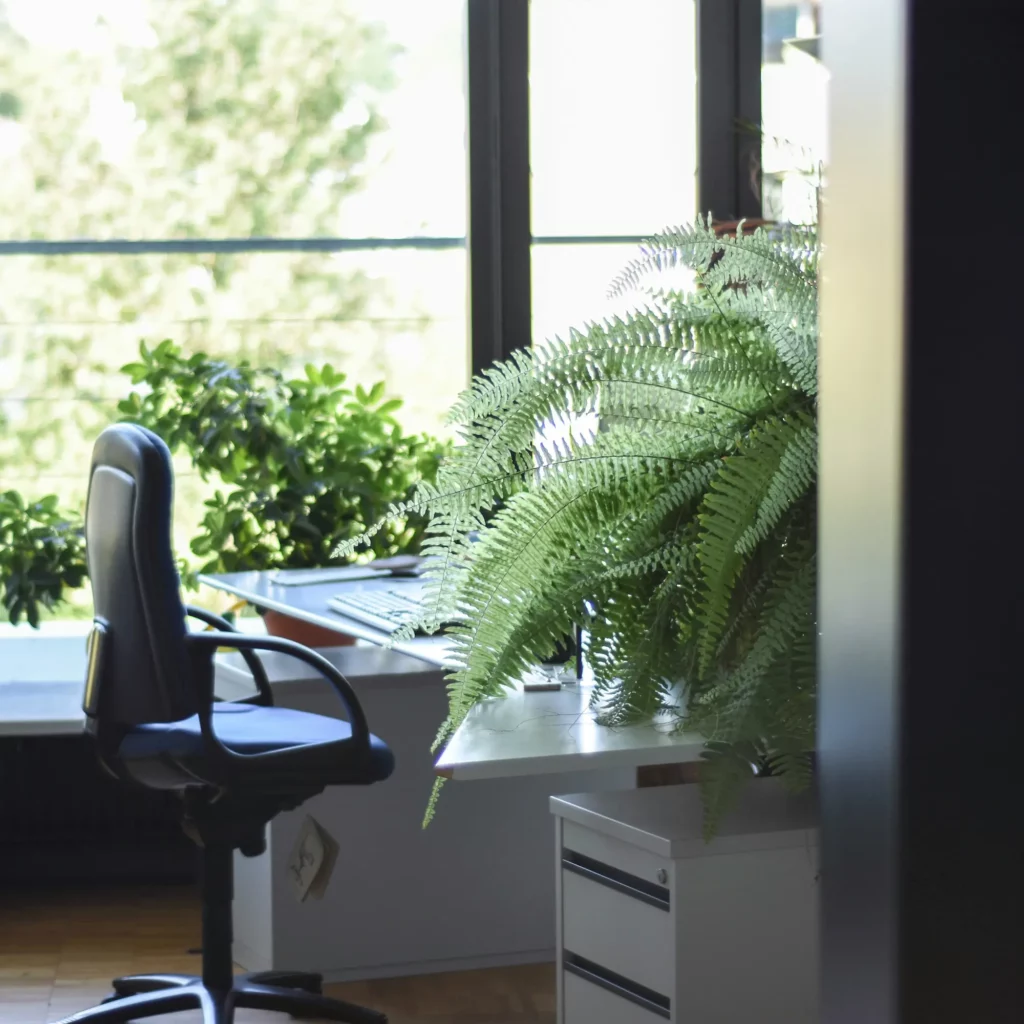
Maidenhair Fern (Adiantum spp.)
Graceful and delicate, the maidenhair fern demands constant attention, particularly in maintaining high humidity levels and a consistent temperature and moisture routine. They prefer indirect lights and their delicate fronds are easily damaged.
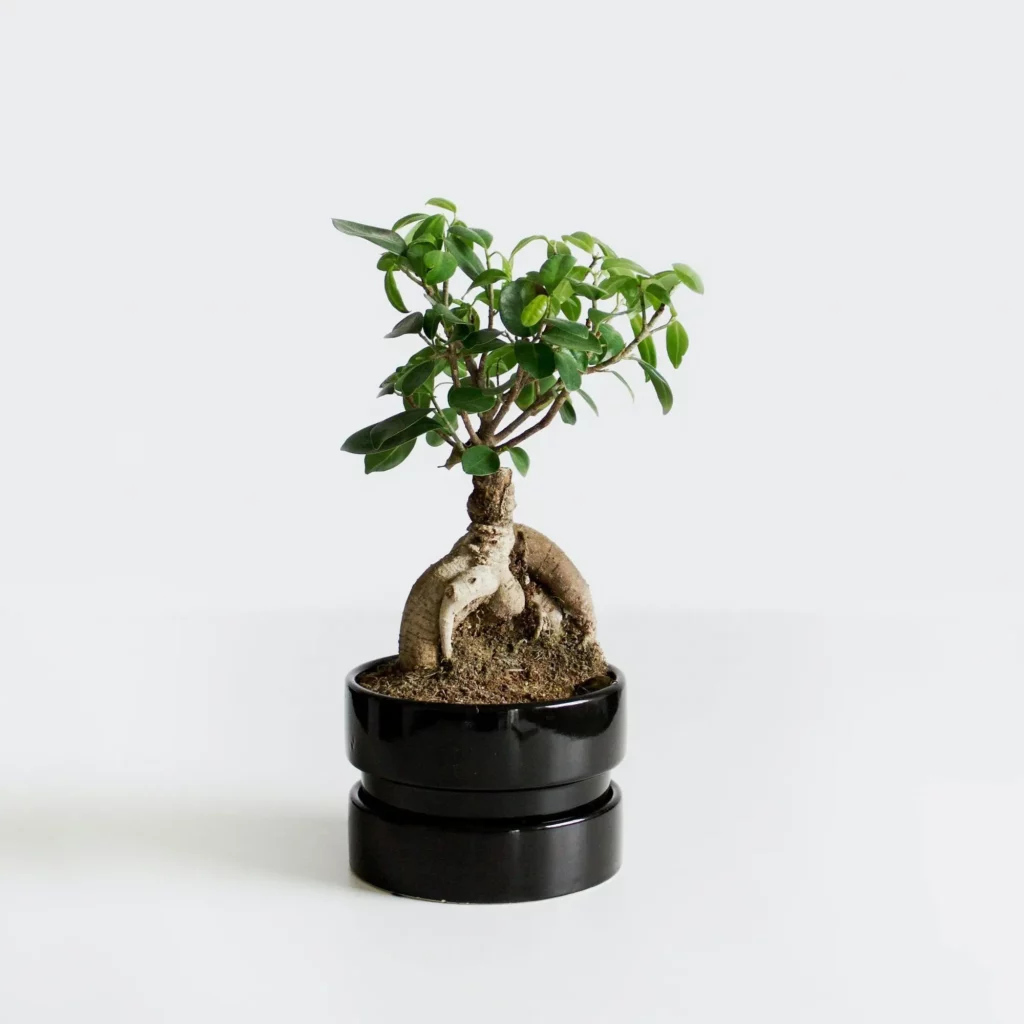
Bonsai Trees
They demand precise pruning and watering schedules, the type of soil and the frequency of repotting can significantly impact the health of the bonsai. Bonsai trees are not immune to pests and diseases, so regular inspection is necessary.
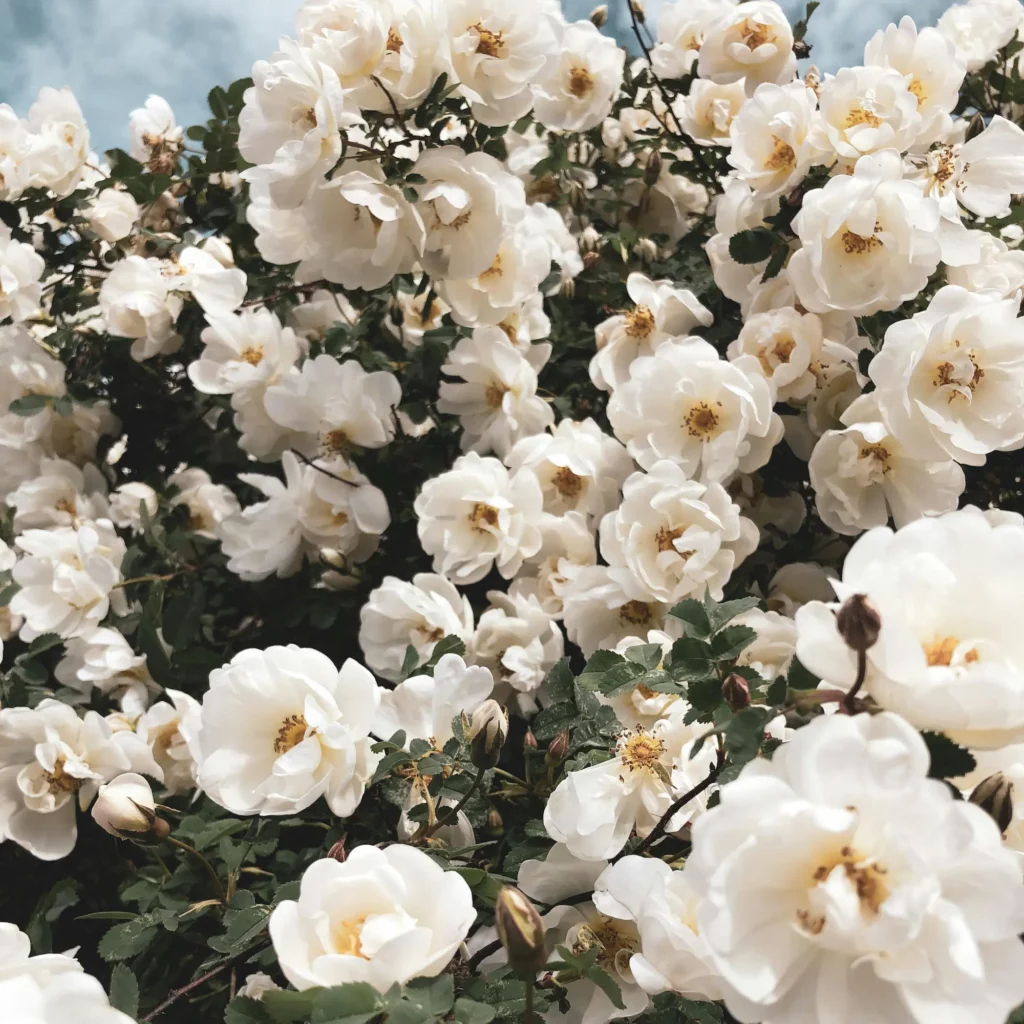
Camellia
Camellias are temperature-sensitive and thrive with consistent humidity. They prefer acidic soil, necessitating regular testing and amending. Prone to diseases like flower blight and root rot, proper care, spacing, and avoiding overhead watering help mitigate these issues. Known for slow growth, camellias may take years to establish and bloom consistently. Pruning requires delicacy to avoid affecting future flower buds.
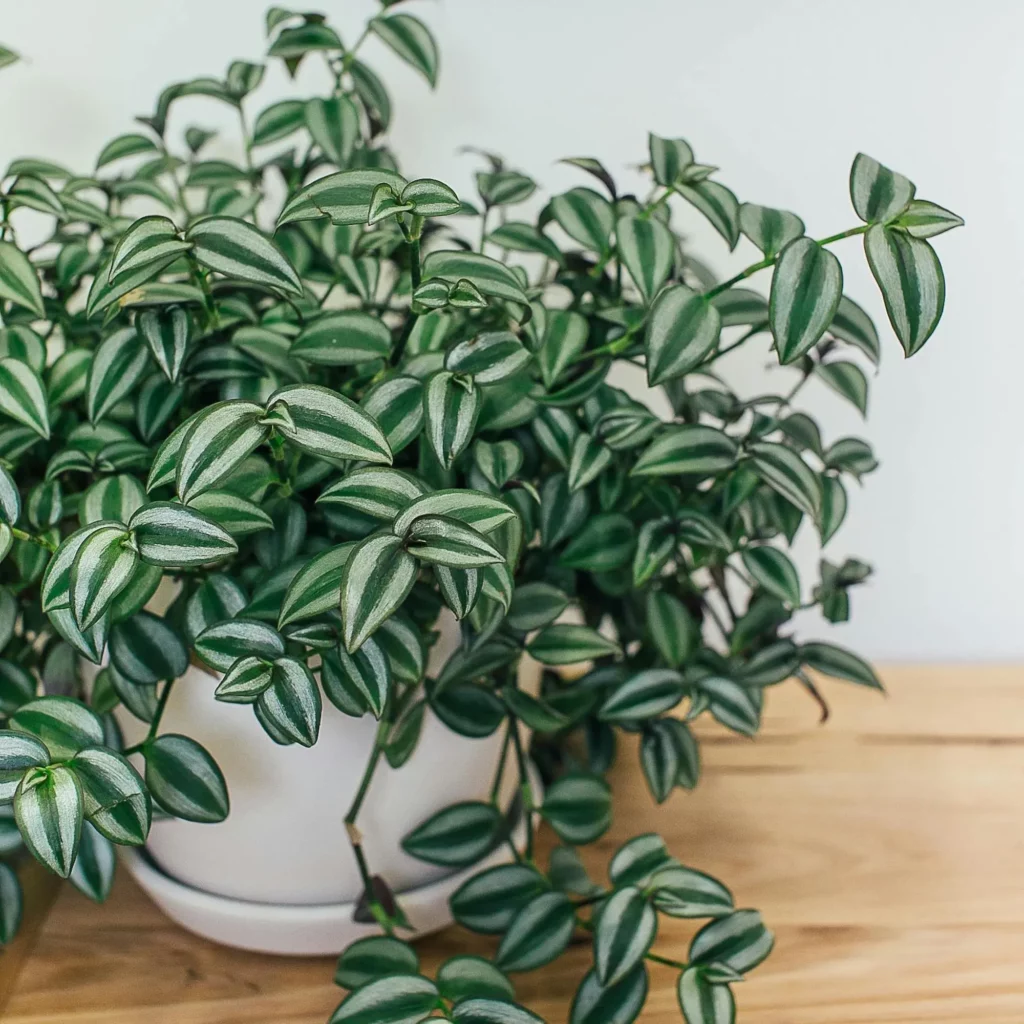
Tradescantia
Tradescantia, also known as Wandering Jew or Spiderwort, requires balance of moisture and light. Its fast growth necessitates regular pruning to prevent it from becoming leggy and unruly. While not overly prone to pests, it can attract spider mites and aphids. It prefers well-draining soil, as excessive water retention can lead to root issues. Additionally, it tends to become pot-bound, requiring periodic repotting for continued healthy growth.
Pro Tip
Clay pebbles, also known as hydroton or expanded clay, can aid in maintaining a humid environment for plants that require higher humidity. These porous clay balls absorb water and release moisture gradually, creating a conducive and stable humidity level for humidity-sensitive plants.
Wishing you much success and perseverance in nurturing these beautiful plants; I believe it could be a delightful challenge for the new year. If you prefer to start home gardening with more easily manageable plants, check out our earlier articles from this series.
